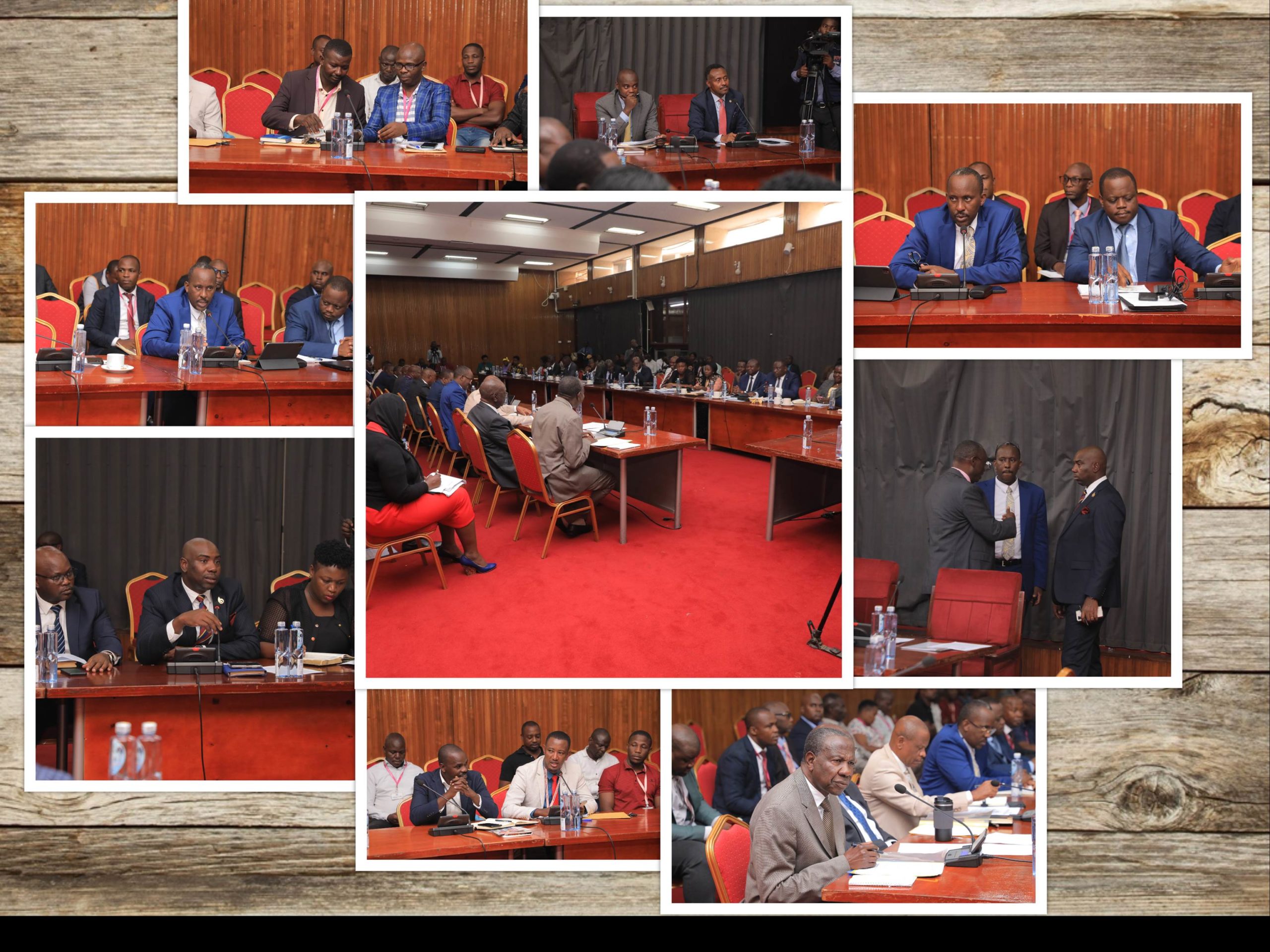By Irene Kabakama
In light of the ongoing strike by a section of traders against the Uganda Revenue Authority’s Electronic Fiscal Receipting and Invoicing Solution, there have been voices calling for the system to be paused temporarily or removed totally.
Appearing before the Parliamentary Committees on Finance and Trade yesterday, the URA Commissioner General John Musinguzi disagreed with the calls, saying this would lead to inequity in tax payment.
“How can we equitably charge everybody their fair share of tax without a system that can give us ultimate data?” asked Musinguzi. “Otherwise, we have to rely on assumptions, and these can be misleading.
“Implementing EFRIS across the board will ensure not just equity in tax collection, especially VAT, but also transparency. This could double our total VAT collections from UGX. 3.5 trillion to about UGX. 7 trillion,” he emphasized.
Musinguzi argued that if the technology is implemented selectively in the business chain, that is, for only the manufacturers, suppliers, and supermarkets, it will create inequality in the playing field and there won’t be any fairness.
The supermarkets, he said, will run out of business as people will opt for cheaper goods with inconsistent VAT charges.
Musinguzi also noted that most of the challenges being faced are operational, and as such, the system will be constantly monitored and improved.
“There is no system that starts perfectly. All technology solutions have a cycle; there are always challenges, but as you implement, you get feedback and gradually improve. In the long run, the technology becomes smooth and easy to use.”
He implored Ugandans to embrace technology, as it is a driver of development. “Uganda, we are trailing the technology ladder,” and “We need to catch up.”.
URA started implementing EFRIS in 2021 to address tax administration challenges relating to business transactions and the issuance of receipts. The system helps URA assess the right taxes using accurate and authentically generated information. It also enables businesses to thrive with improved record-keeping and monitored stock and sales, among others.
Uganda is one of the late adopters of fiscal receipting technology in the region, according to Musinguzi.
“Tanzania and Rwanda adopted EFRIS over 10 years ago. These countries collect 33% and 30%, respectively, of their total tax revenue through VAT. Uganda is currently collecting about 15% VAT of its total tax revenue, and this amounts to ugx 3.5 trillion.”
Matia Kasaija, the Minister of Finance, Planning, and Economic Development, asked the traders to remain calm, assuring them of a solution in the near future.










